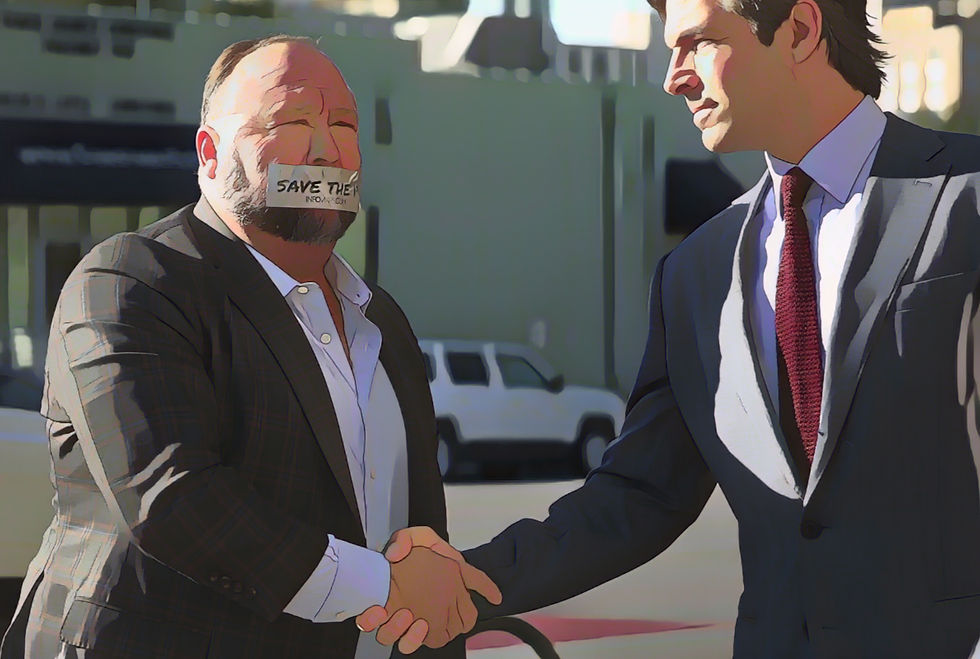Justin Trudeau Resigns as Liberal Party Leader, Requests Parliamentary Prorogation Until March 24
- brooklynleschyshyn9
- Jan 6, 2025
- 2 min read

By Brooklyn Leschyshyn
In a significant political development, Justin Trudeau has announced his resignation as the leader of the Liberal Party of Canada. Alongside this decision, Trudeau has requested a period of prorogation for Parliament, pausing all parliamentary activity until March 24.
What Is Prorogation?
Prorogation is a parliamentary procedure that temporarily halts legislative activities, marking the end of a session. This process is initiated by the Crown, acting on the advice of the Prime Minister, and is used to provide a break for reflection and planning before a new session begins.
During prorogation, all unfinished business in Parliament—such as bills or committee work—is effectively dropped, and Members of Parliament (MPs) are relieved of their duties until the next session starts. While bills not passed before prorogation can be reintroduced, they must go through the legislative process from the beginning.
Traditionally, prorogation involved a formal ceremony led by the Governor General in the Senate Chamber. However, in modern practice, it is often carried out through a simple proclamation.
Why Now?
Trudeau’s decision to request prorogation coincides with his resignation as Liberal Party leader, a move that will prompt a leadership race to select his successor. This prorogation period offers the Liberal Party time to focus on internal matters, including the leadership transition, without the added pressures of ongoing parliamentary business.
The Significance of Prorogation During Leadership Changes
Prorogation is particularly relevant in times of political transition. For the incoming prime minister and their cabinet, it provides an opportunity to establish priorities, formulate policies, and prepare for the next session of Parliament.
The pause in parliamentary activity also allows for a reset of the legislative agenda. The new leader will have the chance to introduce a fresh vision and outline their goals through a Speech from the Throne when Parliament reconvenes.
In this case, prorogation serves several practical purposes. It gives the Liberal Party time to complete the leadership race and facilitates a smooth handover of responsibilities. If Trudeau’s resignation is linked to political or personal controversies, prorogation can help diffuse tensions by avoiding immediate parliamentary debates or votes. The new leader can use this break to reframe public narratives and align the government’s messaging with their vision.
When Parliament resumes on March 24, Canadians will be watching closely as the new leader of the Liberal Party steps into the role of Prime Minister, bringing forward a new agenda and vision for the nation.



Comments